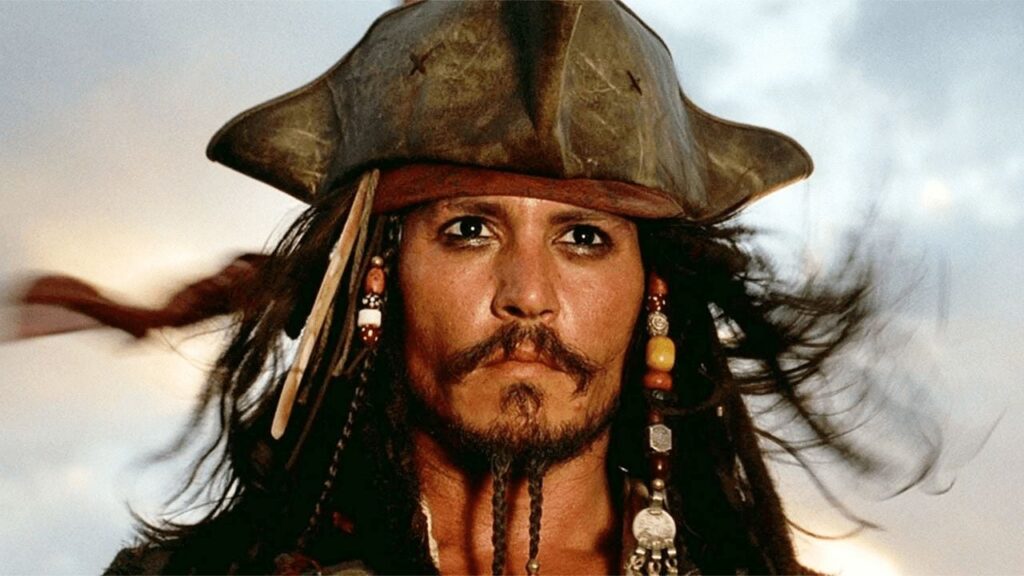When we think of swashbuckling adventure and mischievous charm on the high seas, one name has become synonymous with the image: Johnny Depp as Captain Jack Sparrow. The Pirates of the Caribbean franchise soared to incredible heights with Depp at the helm, his portrayal becoming nothing short of iconic. But why did his journey end after the fifth film? Let’s explore the multifaceted reasons behind this curtain call.
The Inimitable Captain Jack Sparrow
The Pirates of the Caribbean series is one of Hollywood’s most successful franchises, with Johnny Depp’s Captain Jack Sparrow being a character that redefined an entire genre. Depp sought roles that would cultivate a rougher edge, leading him to become Edward Scissorhands and ultimately our beloved pirate. The Pirates of the Caribbean is one of Hollywood’s most successful movie franchises,
and Depp has reportedly made more than $300 million from the first five movies, mostly due to back-end money. His performance left an indelible mark on the series, but Disney’s decision to move forward without him signals a new era.
A Life Marred by Controversy
Yet, despite his professional success, Johnny Depp’s personal life controversies have cast a long shadow over his career. His highly publicized divorce from Amber Heard and subsequent legal battles painted a tumultuous picture. Heard alleged that Depp had been verbally and physically abusive
throughout their relationship. These controversies undoubtedly affected his public image and career trajectory.
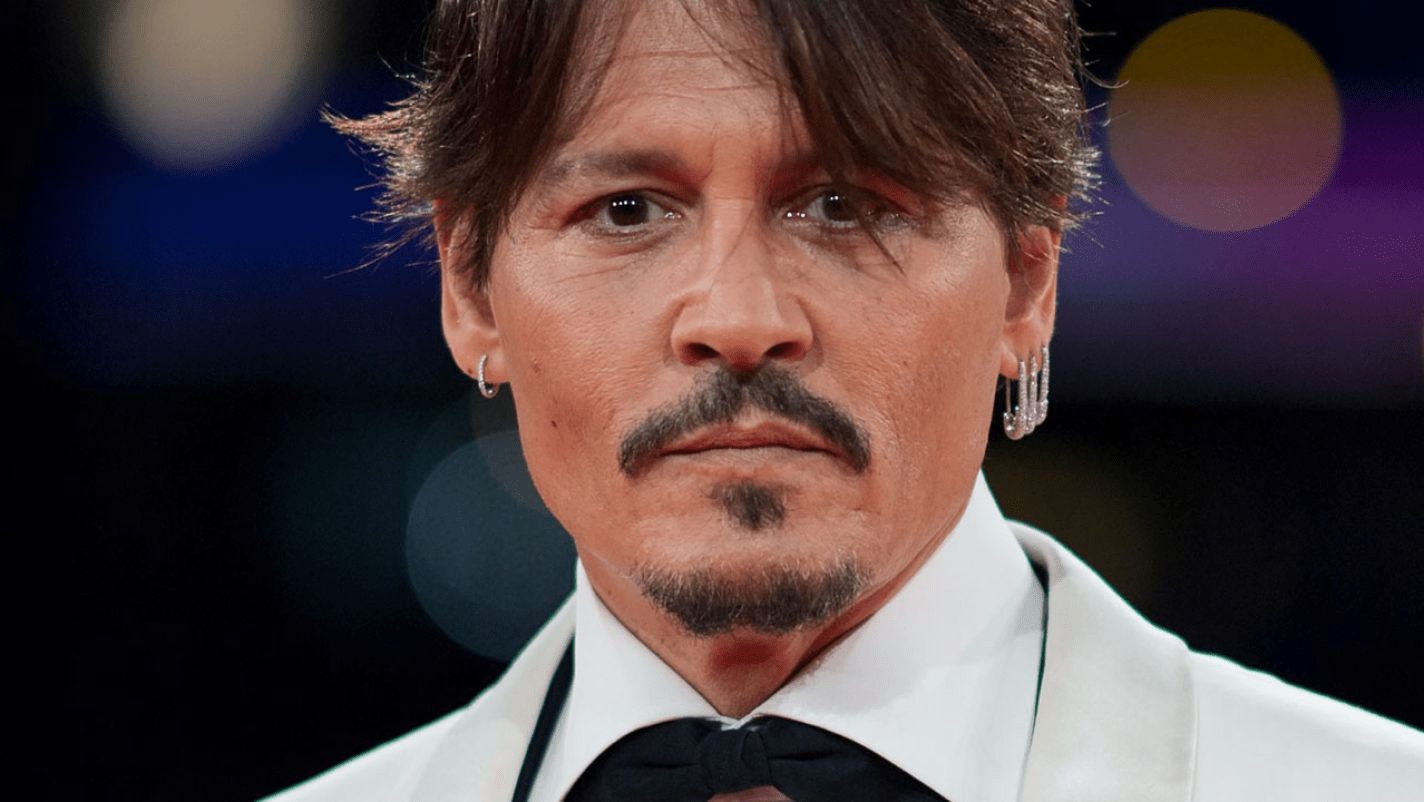

Disney’s Family-Friendly Image at Stake
In maintaining its reputation as a bastion of family entertainment, Disney must make careful choices regarding its brand ambassadors. The Disney brand image could conflict with the controversies associated with Depp. When Heard appeared in court with bruising on her face, it became clear that Disney had to consider its family-friendly image seriously. The company’s decision to not include Depp in future Pirates films may have been influenced by these events.
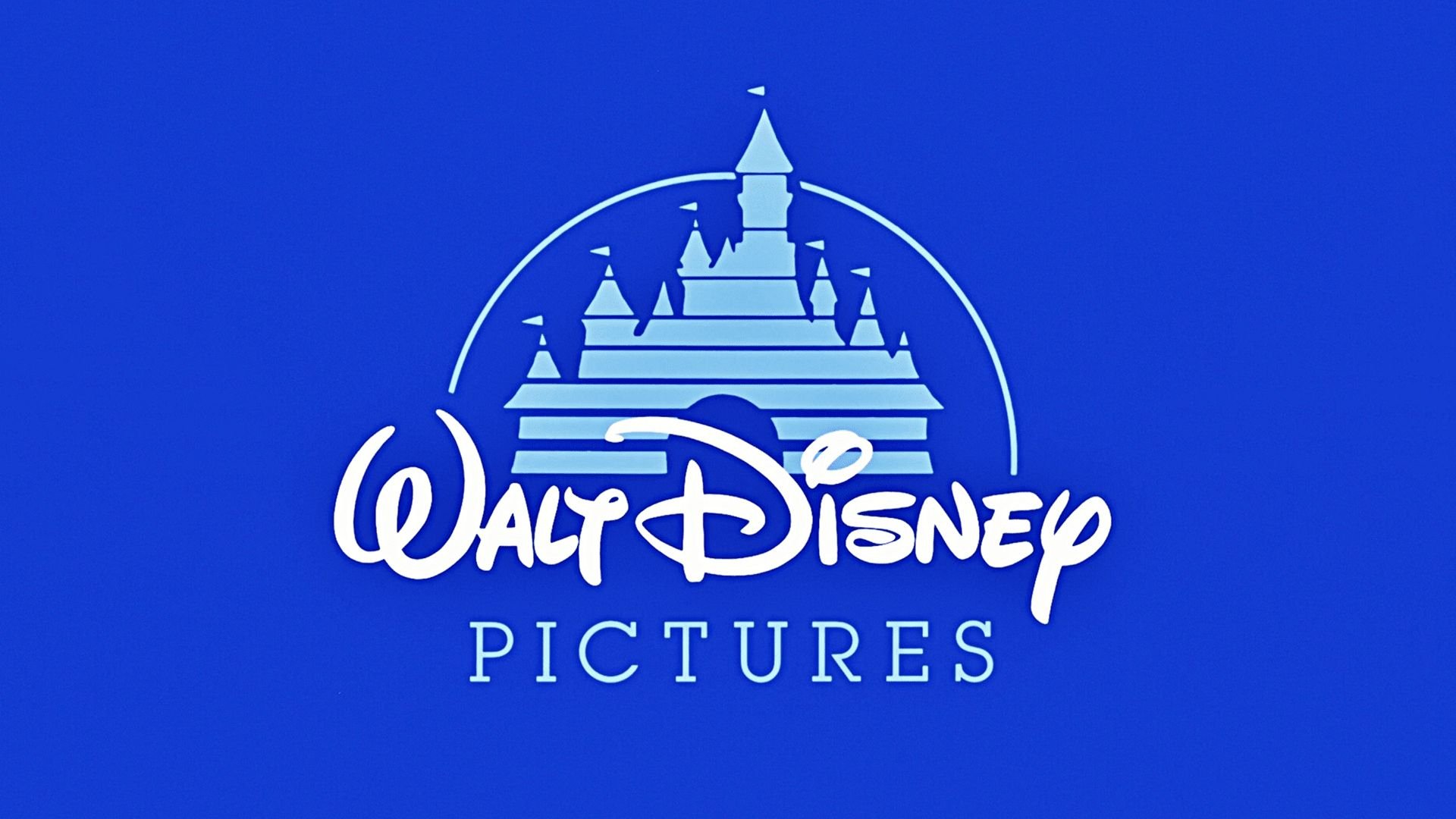

An Uncertain Box Office Horizon
The fifth film in the series, Pirates of the Caribbean: Dead Men Tell No Tales, had a strong box office showing, grossing over $1 billion globally. However, critics were not as kind, and there was talk of franchise fatigue. With this mixed reception, it begs the question: was it time for a narrative change or did the box office numbers still support Sparrow’s voyages?
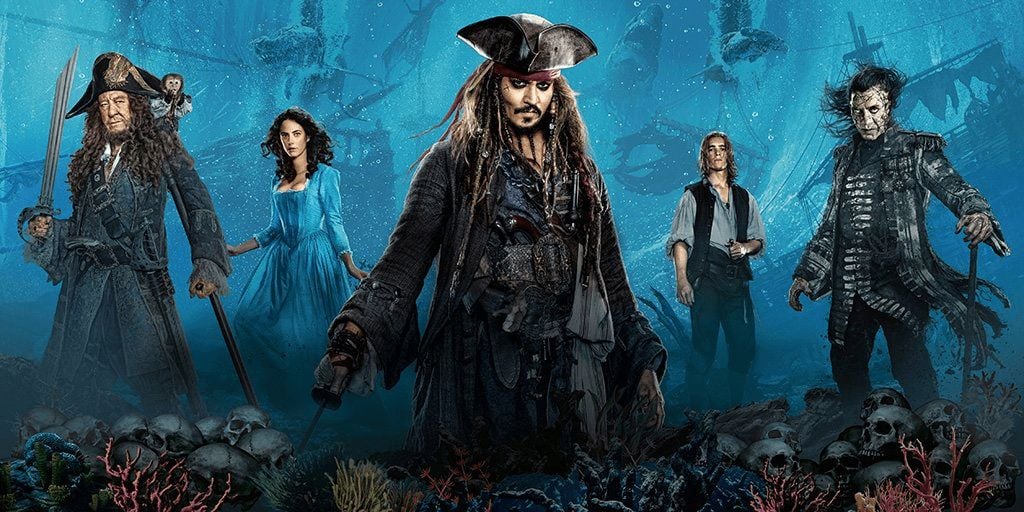

A New Tale on the Horizon
The desire for fresh stories is ever-present in Hollywood, and franchise direction and new narratives often dictate changes in casting. The Pirates series hinted at exploring different kinds of stories, potentially female-led or introducing new characters altogether. This shift aligns with broader narrative changes in the series and suggests a move beyond Depp’s character.
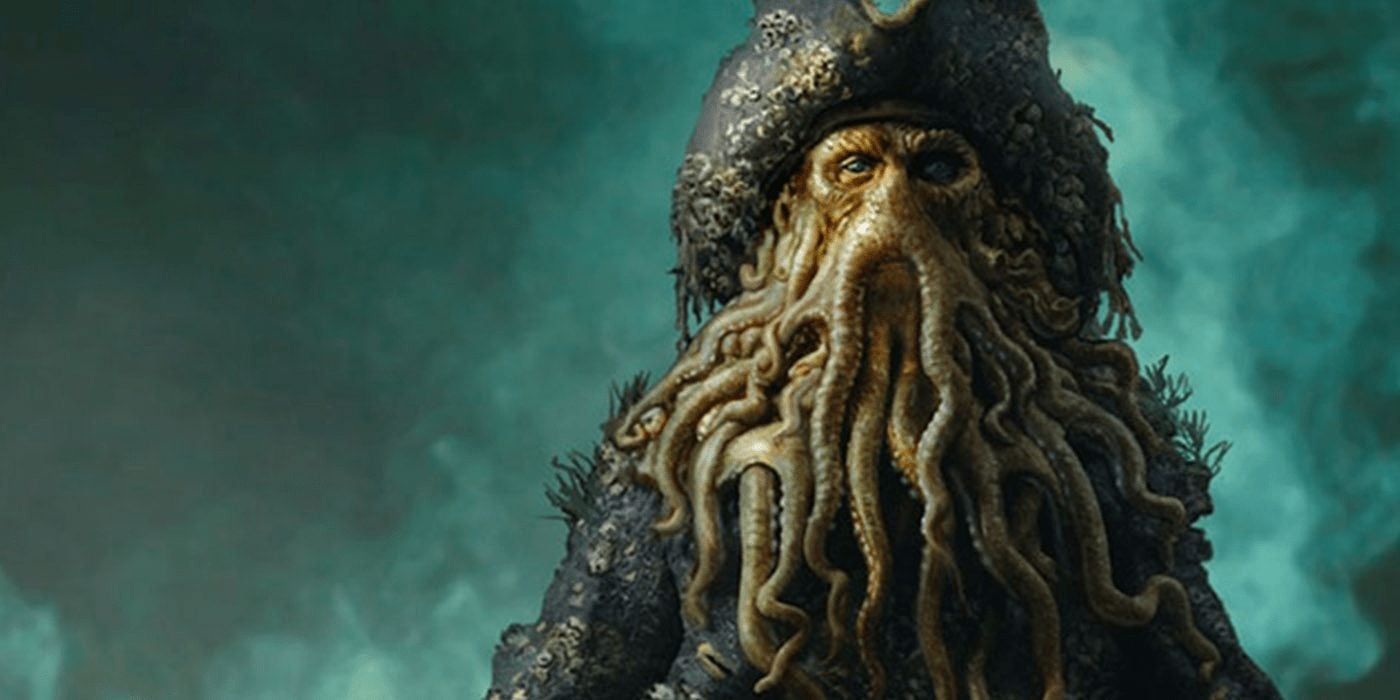

The Cost of Stardom
Fiscal responsibility is key in long-running franchises, and financial considerations and actor salaries play a significant role in casting decisions. Depp’s talent manager testified that Disney and Jerry Bruckheimer verbally sealed a deal for $22.5 million for Depp to star in the sixth Pirates movie. However, given his legal controversies and their financial implications, studios must weigh the cost of star power against profitability.
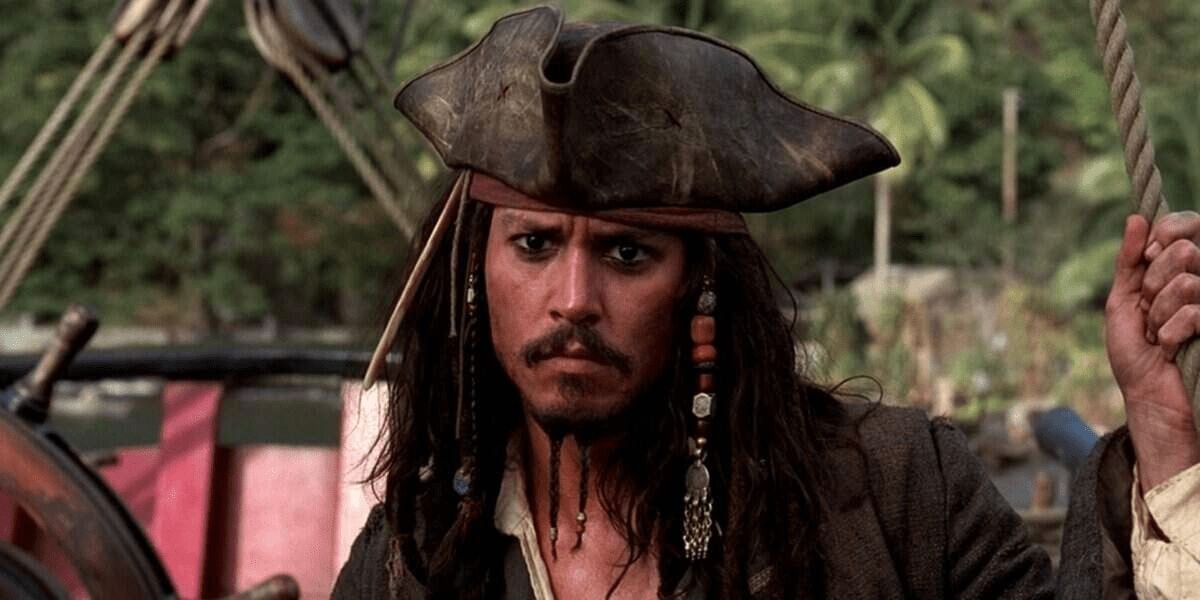

What Has Been Said or Not Said
Last but not least are the public statements from Disney executives. While there has been much speculation about whether Depp would return for Pirates 6, neither Disney nor Depp has made any definitive announcements. This silence speaks volumes about the uncertain future of Captain Jack Sparrow within the franchise.
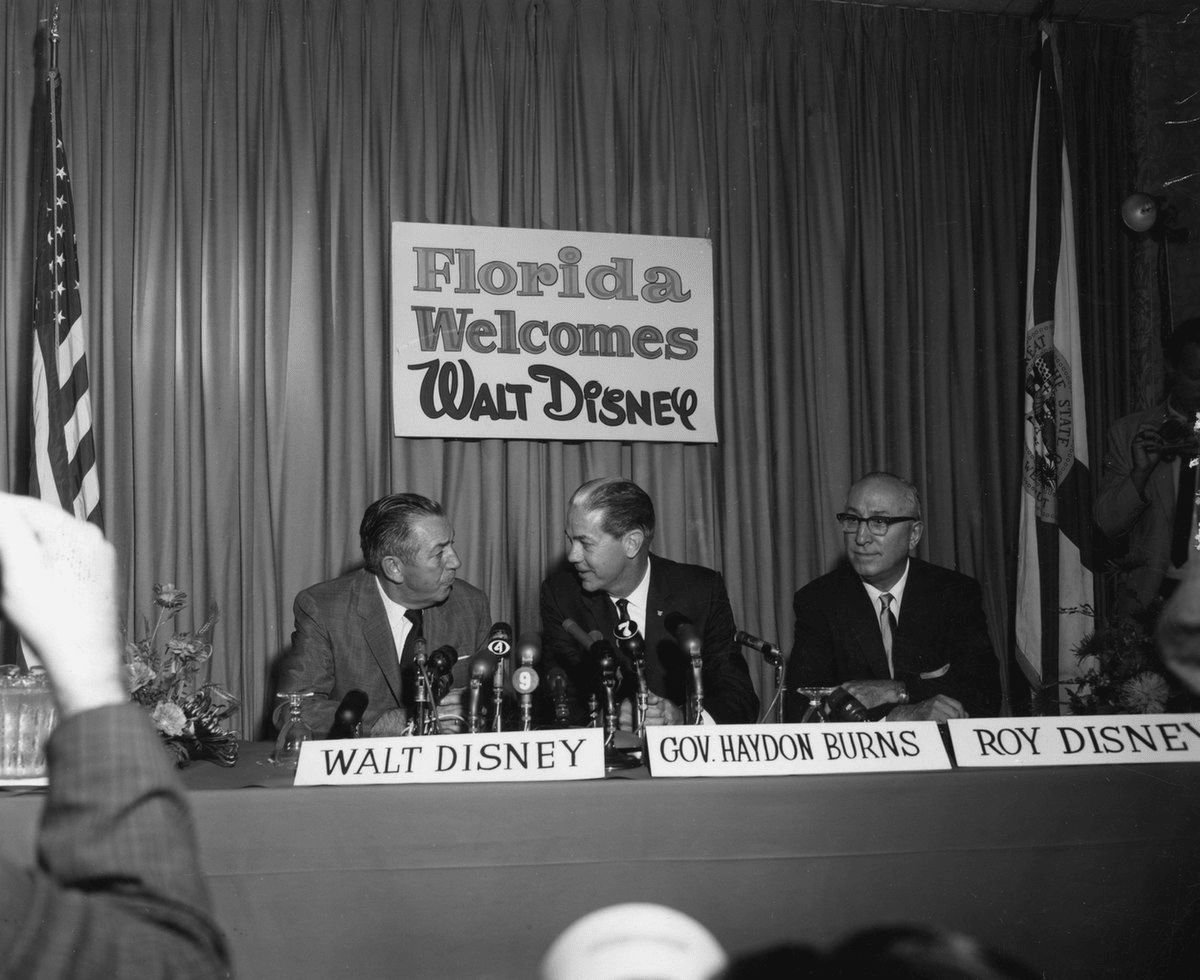

In conclusion, Johnny Depp’s departure from the Pirates franchise is multi-layered—tangled in personal controversy, brand image protection, financial considerations, narrative directions, and public statements (or lack thereof). While his portrayal of Captain Jack Sparrow will forever be remembered as legendary, we now look toward uncharted waters for this beloved series.

